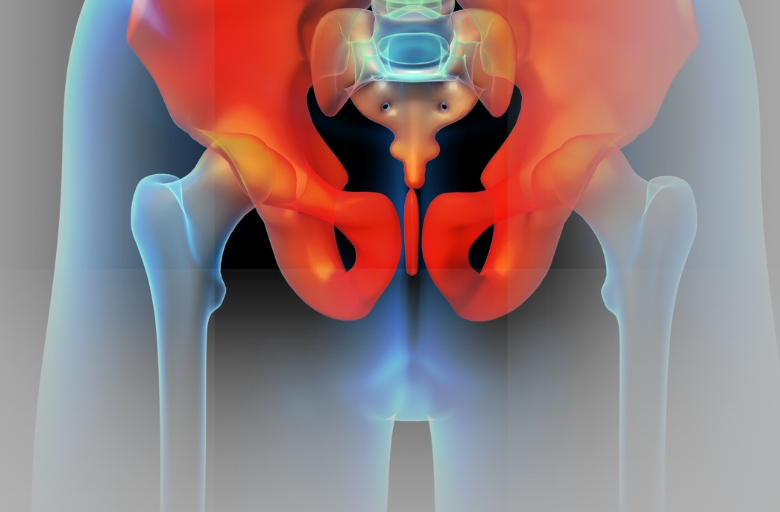Best Hip Replacement Surgeon in Delhi | Dr. Vivek Mittal
Published on February 26, 2024 By Dr. Vivek Mittal
Introduction
Dr. Vivek Mittal’s reputation as the best hip replacement surgeon in Delhi is built on his extensive expertise, innovative techniques, personalized care, and dedication to improving orthopedic treatments.
Why Dr. Vivek Mittal is the Best Hip Replacement Surgeon
Extensive Expertise & Proven Track Record
Dr. Vivek Mittal is widely recognized for his vast experience in orthopedic surgery, particularly in hip replacement procedures. His impressive track record of successful surgeries has earned him the trust and admiration of his patients.
Advanced Surgical Techniques & Technology
He employs cutting-edge surgical techniques, including minimally invasive hip replacement, which allows for smaller incisions, reduced postoperative discomfort, and faster recovery. By integrating modern technology into his procedures, Dr. Mittal ensures precision and better patient outcomes.
Customized Treatment Plans
Understanding that every patient is different, he develops personalized treatment plans based on factors like age, lifestyle, and the severity of the hip condition. His patient-first approach enhances the overall success of the treatment.
Holistic Care & Continuous Learning
Dr. Mittal emphasizes holistic care, offering thorough preoperative and postoperative support to ensure the best outcomes. Additionally, he stays updated with the latest advancements in hip replacement by attending conferences and collaborating with other medical experts.
Patient Testimonials & Satisfaction
Many satisfied patients have shared positive feedback about his expertise and compassionate care. Their testimonials reflect his ability to make patients feel confident and comfortable throughout the treatment process.
Symptoms That Indicate the Need for Hip Replacement Surgery
Recognizing the signs of hip joint deterioration is crucial. Here are some key indicators:
-
Persistent Joint Pain: Chronic pain, even while resting, that affects daily activities.
-
Limited Range of Motion: Difficulty in moving the hip, making tasks like walking or bending painful.
-
Stiffness & Discomfort: Hip stiffness, especially in the morning or after long periods of inactivity.
-
Pain That Affects Sleep: Difficulty sleeping due to persistent hip pain.
-
Swelling & Inflammation: Ongoing swelling or tenderness around the joint.
-
Grinding Sensation (Crepitus): A grating feeling due to deteriorating cartilage.
-
Difficulty Walking or Bearing Weight: Struggling to stand or walk can indicate advanced hip degeneration.
-
Limited Relief from Other Treatments: When medications and physical therapy fail to provide long-term relief.
-
Radiating Pain: Pain spreading from the hip to the thigh, groin, or buttocks.
-
Decreased Mobility & Function: Struggles with everyday tasks and reduced independence.
If you experience these symptoms, consulting Dr. Vivek Mittal, the best hip replacement surgeon in Delhi can help determine if surgery is necessary.
Recovery & Resuming Normal Activities After Hip Surgery
Hospital Stay & Early Recovery
Patients usually stay in the hospital for a few days post-surgery for monitoring and pain management. Light movement and physical therapy begin soon after to promote healing.
Gradual Resumption of Daily Activities
-
First Few Weeks: Light household tasks and minimal stair climbing can be resumed. Heavy lifting and strenuous activities should be avoided.
-
Weight-Bearing & Walking: Some patients start walking with assistance (crutches or walkers) within a day or two, while others may take longer.
-
Returning to Work: Desk job workers may return in a few weeks, but physically demanding jobs may require extended recovery.
-
Driving Restrictions: Patients should avoid driving until they regain strength, mobility, and are off pain medication.
-
Full Recovery Timeline: Complete healing can take several months, depending on overall health and commitment to rehabilitation.
Dr. Vivek Mittal’s expertise ensures that patients experience a smooth and effective recovery after hip replacement surgery.
Conclusion
Dr. Vivek Mittal stands out as the best hip replacement surgeon in Delhi due to his advanced surgical skills, patient-centric approach, and commitment to innovation. His individualized treatment plans and holistic care guarantee the best possible outcomes for patients suffering from hip joint problems.
If you are considering hip replacement surgery, consult Dr. Vivek Mittal today to get expert guidance and world-class treatment.




